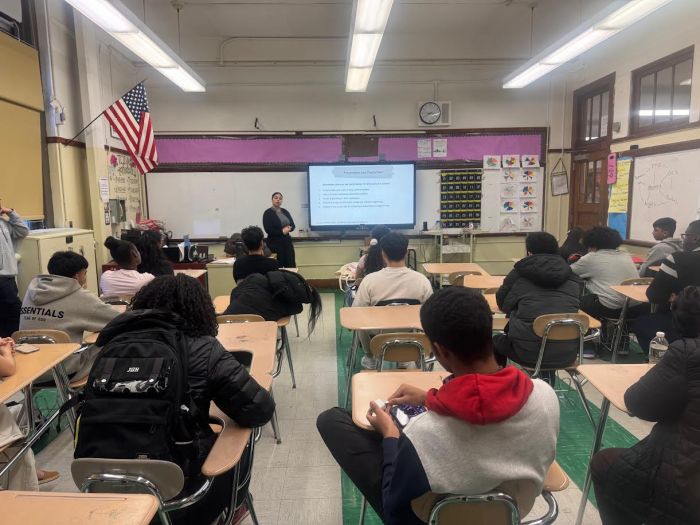If you’re thinking about enrolling in New York City colleges and universities this fall, it’s time to start hitting the books when it comes to preparing your applications.
The good news is that most institutions of higher learning across the Five Boroughs are again offering in-person and hybrid virtual instruction options — provided, of course, that the students are vaccinated against COVID-19. Check with the college and university of your choice for further information about health and safety protocols for in-person classes.
Virtual courses remain available at many institutions for those seeking to learn from the privacy, comfort and safety of their own home — or just to get their education around their own personal schedule.
Whether you’re an undergraduate fresh out of high school, or ready to return to college after years away from the classroom, finding the right school and courses can be quite overwhelming.
The College Board, a nonprofit organization that aims to expand higher education access to Americans, offers some advice for prospective students as they consider registering classes:
- Consider all your options available. Don’t just settle on one college right away; consider several candidates and choose the one that’s right for you based on access, affordability and educational opportunities, among other criteria.
- Create the schedule that’s right for you. The path to a college degree is a marathon, not a sprint. Try not to schedule too many classes early on to avoid burnout. Choose a schedule that meets the requisite number of semester credits, but also allows you the time to rest, study, prepare reports and refine your skills.
- Seek out an adviser’s help. This is especially true for first-time college students who might find difficulty creating a schedule. Reach out to a college adviser in your field of interest to help you determine the best path forward.
- Clear the core requirements early. Your first years in college should not just focus primarily on your field of study, but also meeting the core curriculum so you can concentrate more on your major as graduation day draws nearer.
- Maintain balance in your course schedule. Try not to challenge yourself early on by taking more advanced classes. Save those for later in your academic career.
- Seek out college credits and financial aid. Visit the College Board website, collegeboard.org, to find resources.
- Take a writing course to help you better prepare for term papers and adopt your writing style.
- Register early. The earlier you register, the better chance you have to obtain the classes you want.






































